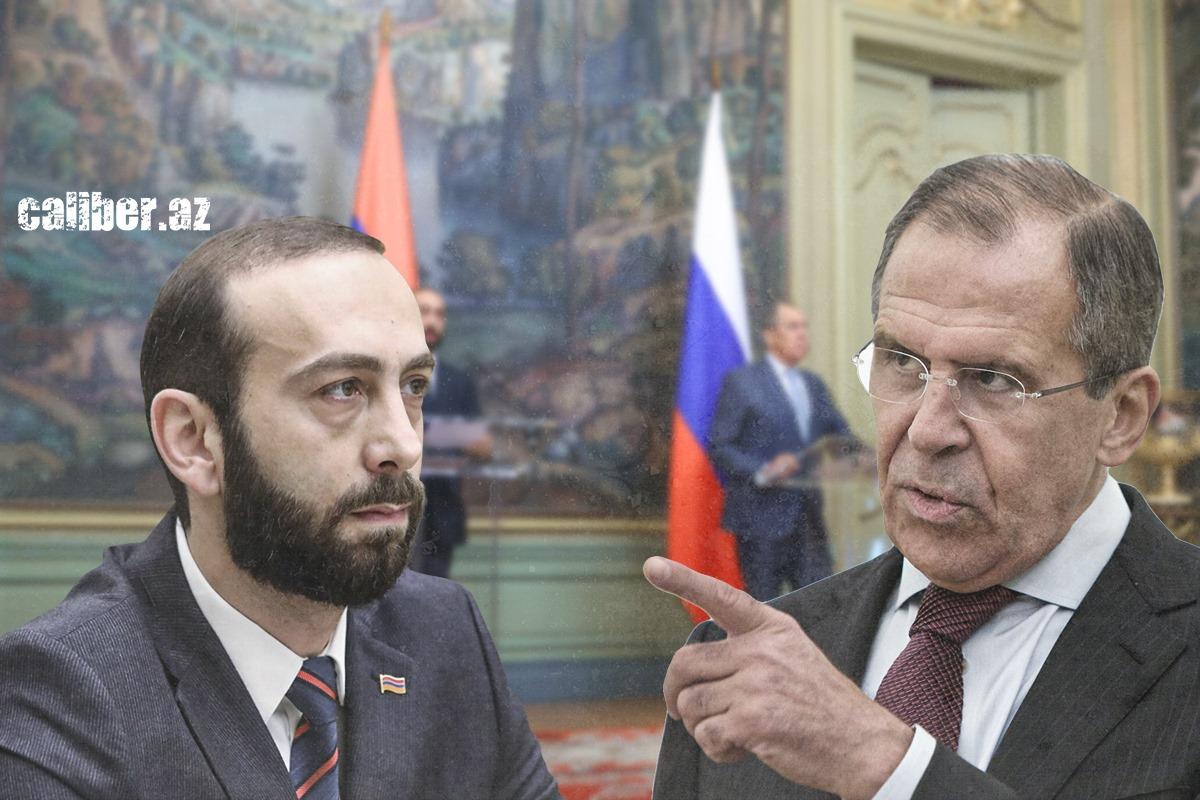Can Armenia balance its ties with Russia and the US? Yerevan’s Western pivot
January events have confirmed Yerevan's intentions to further strengthen its orientation towards the West. Armenia's authorities approved a bill to begin the process of joining the European Union and also signed a Charter of Strategic Partnership with the United States in Washington. As expected, these steps have sparked serious discontent in Russia. Moscow has warned of the possibility of destabilisation in the region should Armenia join the EU. In doing so, Russia has effectively signalled to Yerevan that the Western "security umbrella" it dreams of may not be as safe as it seems. Furthermore, Moscow cautioned Armenia about the incompatibility of being part of both the EU and the Eurasian Economic Union (EAEU), forcing it to choose its future foreign policy direction.
The strengthening of U.S.-Armenian strategic cooperation, which has raised concerns in Moscow, is understandable, given that Russia is determined to keep Armenia within its sphere of influence at all costs. At the same time, despite the criticism directed at Armenia, Russia has not rushed to use any pressure tactics against Yerevan. Moscow likely believes that the significant financial benefits Armenia gains from its participation in the EAEU and its circumvention of anti-Russian sanctions will prevent the country from fully distancing itself from Russia.
The key argument that Russia continues to emphasize regarding Armenian-American strategic cooperation is the security factor for both Russia and the broader region. Recently, Viktor Sobolev, a member of the State Duma’s Defence Committee, stated that cooperation between Armenia and the U.S. poses a threat to Russia's interests in the South Caucasus, even suggesting the possibility of NATO bases being deployed in the region.
"...Undoubtedly, this threatens Russia’s interests. Of course, there are risks of Armenia turning into an anti-Russia if they have already signed such an agreement. Of course, NATO bases will be stationed in Armenia, and our forces will be kicked out. Our military bases are in Gyumri, in Yerevan. This is very serious. The entire southern direction will have to be reinforced," he stated to the National News Service (NSN).
In a similar vein, Russian Foreign Minister Sergey Lavrov remarked that the U.S. may demand that Armenia impose sanctions on Russia as part of its strategic cooperation.
“We are strategic partners, which means you must join the sanctions (against Russia),” Lavrov said. “That’s what they are demanding from Serbia. And they will demand the same from Armenia,” he added during a press conference summarizing 2024.

Thus, Moscow has made it clear to Armenia that strategic cooperation with the U.S. offers little benefit for Yerevan.
Notably, Armenia is not the only post-Soviet country with which the U.S. has signed a strategic partnership agreement. A similar pact was signed with Georgia in 2009, but its implementation was suspended in 2024 due to the Georgian authorities’ initiative to freeze negotiations on the country's EU membership. This already indicates that Armenia must be prepared for any directives from Washington and Brussels. And it is clear that this very prospect is fully aligned with the official stance of Yerevan, while provoking serious discontent from Russia.
A similar agreement, signed in 2021, is also in effect between the U.S. and Ukraine.
Meanwhile, another important nuance stands out. Prime Minister Nikol Pashinyan did not receive an invitation to the scheduled inauguration of Donald Trump on January 20. Why? It is likely because Armenia does not represent a significant interest for U.S. President Donald Trump.
As for Russian policy towards Armenia, most experts believe that Moscow will continue its policy of "soft pressure" on Yerevan without resorting to political tools of coercion.

Vasily Koltashov, a Russian expert and director of the New Society Institute, stated in an interview with Caliber.Az that the Armenian government is largely under Western influence, particularly that of the United States.
"Therefore, the signing of the Charter of Strategic Partnership should be viewed as part of the ongoing dismantling of Armenia's membership in Eurasian structures—such as the CSTO and the EAEU. This is why the Russian government has expressed itself in very cautious and restrained terms towards Armenia. Armenia is strengthening its pivot to the West while still benefiting from sitting on two chairs—the Russian and the Western ones. However, the West may try to rearm and preserve Armenia. Because the liquidation of Armenia does not align with American plans. Russia can no longer influence Pashinyan's administration, and the leverage—whether through ‘carrots’ or other forms of cooperation—has likely been exhausted.
Armenia has economically gained the maximum possible from Russia, maintaining access for Armenian goods to the Russian market, ensuring the operations of Russian firms in procuring sanctioned goods, and more. However, Armenia remains an isolated state, and if the West overplays its hand with Georgia, Georgian-Armenian relations could deteriorate. If the West intensifies its pressure on Georgia, Tbilisi may have to work more closely with Russia, putting Armenia in an uncomfortable position, and no agreements with the U.S. or France would help. Moreover, it is uncertain whether the Trump administration would want to focus on Armenia. Trump is not known for holding on to unprofitable ventures, and Armenia could easily turn out to be just that for the Americans. Consequently, Armenia could become an isolated, pro-American country with severed ties to Russia, Georgia, unresolved conflict with Azerbaijan, and historical distrust from Türkiye," concluded Koltashov.








